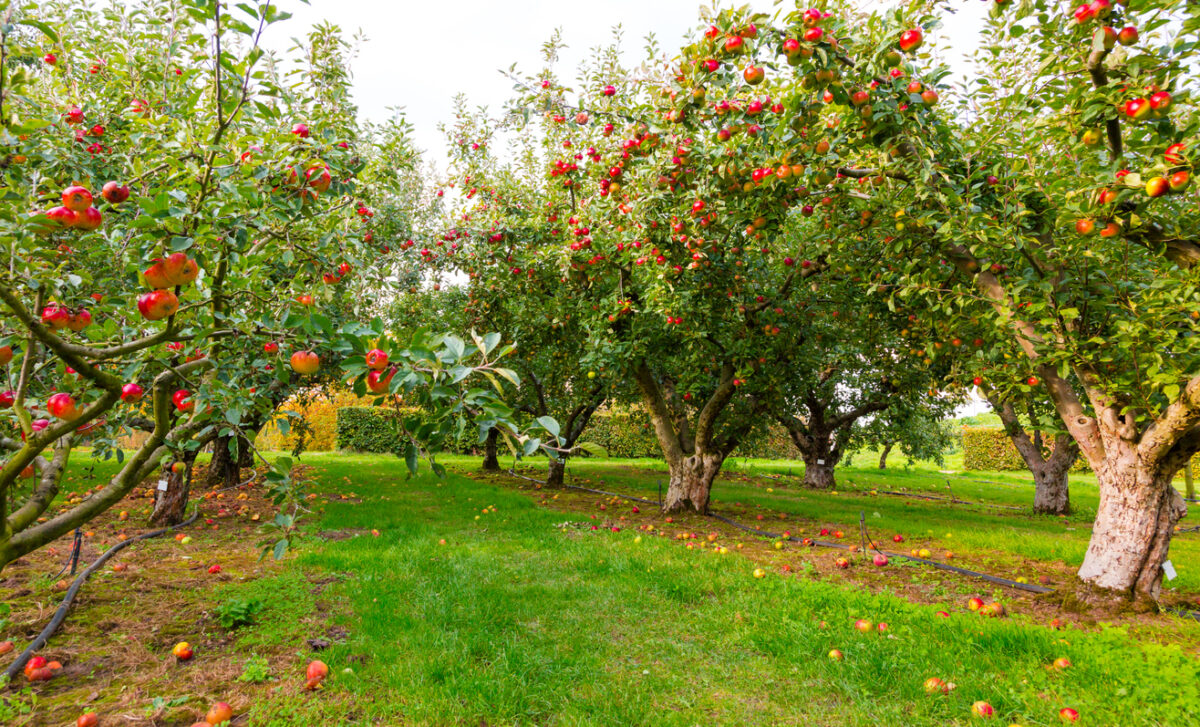FSNet-Africa research project aiming to develop sustainable African food systems begins at University of Leeds

A new summer school for researchers which aims to help build stronger and more sustainable food systems for Africa is starting at the University of Leeds’ Sustainability Research Institute, as part of the Food Systems Research Network for Africa project (FSNet-Africa).
FSNet-Africa was created in partnership with the University of Pretoria in South Africa and the pan-African, multi-stakeholder Food, Agriculture and Natural Resources Policy Analysis Network (FANRPAN).
The project brings together 20 research fellows from Ghana, Kenya, South Africa, Zambia, Malawi and Tanzania to improve academic work on African food systems, and create policy solutions and effective interventions that support the United Nation’s Sustainable Development Goal targets.
The course runs from 20 June to 1 July, and fellows will be able to engage with 40 mentors during this period from the University of Leeds as well Sokoine University of Agriculture, University of Ghana, the South African Research Council, the University of Nairobi, Lilongwe University of Agriculture and Natural Resources, Kwame Nkrumah University of Science and Technology, the University of Pretoria and the University of the Western Cape.
Mentors and fellows will work together to develop skills in interdisciplinary research, policy advocacy and academic leadership.
The fellows will also learn how to develop impactful research, work on skills training around entrepreneurship and food innovation, and have the opportunity to see the Leeds University farm and tour the environmental observatory.
Professor Claire Quinn, FSNet-Africa project leader at Leeds and part of the Sustainability Research Institute, said: “The FSNet-Africa summer school programme is a great opportunity to bring together talented interdisciplinary researchers whose work will ultimately contribute to creating climate-smart, nutrition-sensitive and poverty-reducing solutions for the African continent.
“The programme embodies the University’s commitment to create equitable international partnerships. It’s through this kind of collaboration that we can build research capacity on the ground to provide solutions where they are the most needed.”
This summer’s programme follows on from the first summer school and research symposium which took place online and at the University of Pretoria in January 2022.
Professor Frans Swanepoel, FSNet-Africa project leader at Pretoria said: “All the research triads have developed their research proposals and will soon start implementing research, which will provide solutions to complex challenges and provide research evidence and innovations for and with food systems stakeholders in the Global South, the participating African countries in particular. This means that their research also has a much higher chance of being taken up and rolled out.”
University of Leeds, University of Pretoria and FANRPAN were chosen as lead partners due to the quality of their food systems research and their connections with academic research institutions, private sector stakeholders, grassroots groups and policymakers.
Dr Tshilidzi Madzivhandila, CEO of FANRPAN, said: “In the FSNet-Africa project, FANRPAN has partnered with the Universities of Pretoria and Leeds to strengthen interdisciplinary food systems research, and most importantly, to ensure that the translation of co-produced research evidence informs practice, decisions and policies for meaningful agricultural transformation and wider impact”.
The FSNet-Africa project is funded by the Global Challenges Research Fund, and developed by the UK Research and Innovation (UKRI) and African Research Universities Alliance (ARUA).
As well as the three lead partners, the project also has nine academic partners and five FANRPAN ‘node partners’ from six countries across the African continent.
Speaking about the course, Dr Frank Tchuwa, an FSNet fellow from the Lilongwe University of Agriculture and Natural Resources, said: “The summer school has been a very exciting experience. I have had the opportunity to interact with researchers from the University of Leeds and other African Universities such as the University of Ghana and Pretoria.
“The networking has helped me learn of the recent advancements in food systems research. Most importantly, is the engagement with my mentor from the University of Leeds that has helped me shape my research project to be implemented in Malawi.”








